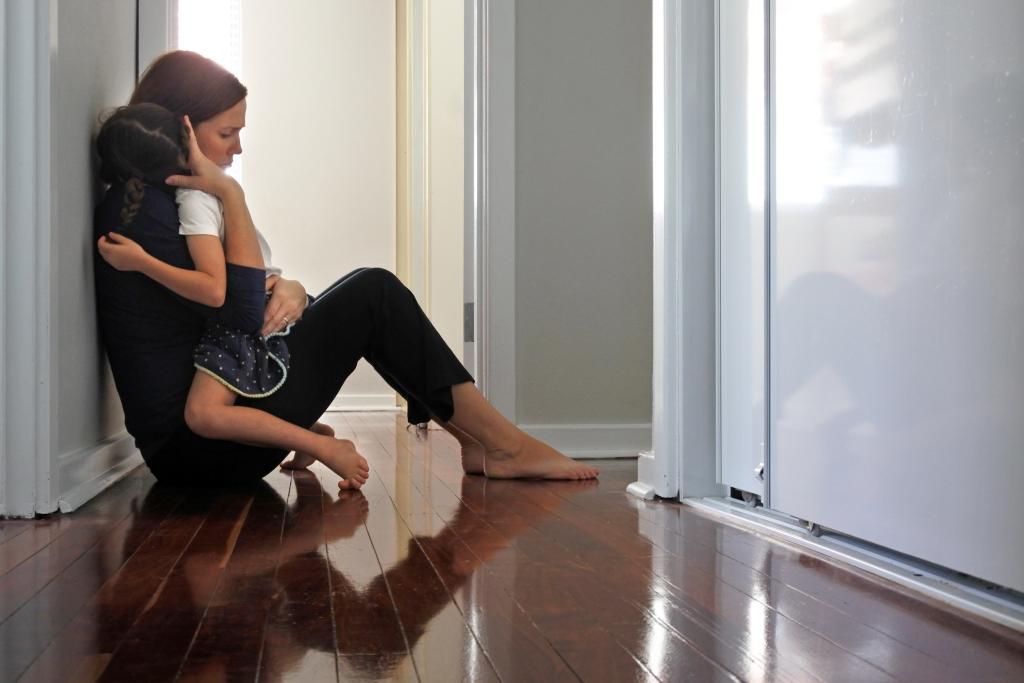
When a parent faces illness, whether short-term or long-term, it can understandably raise concerns about how their condition may affect their ability to care for their child. In the UK, the law prioritises the child’s best interests above all else. This means that when it comes to child caring arrangements, a parent’s health is considered, but it is not necessarily a deciding factor in disputes. Here’s what you need to know if you’re navigating matters concerning child custody and parental illness.
Understanding Child Custody in the UK
In the UK, “child custody” or “child access” is now referred to as child arrangements. Child arrangements refer to the time a child spends with each parent and where the child will live. When parents are unable to agree on these arrangements, either one or both may seek legal assistance through the courts, where they will see for Child Arrangements Orders to be made.
The court’s primary concern in any custody dispute is the welfare of the child. As set out in the Children Act 1989, there are several factors the court must consider, such as the child’s wishes and feelings, the child’s physical, emotional, and educational needs, and any history of abuse or neglect.
How parental illness might impact custody arrangements
Parental illness may raise questions about a parent’s ability to provide for their child’s needs. However, being ill in itself does not automatically prevent a parent from having their child living with them or being involved in a child’s life. The severity of the illness and the impact it has on the parent’s ability to care for the child are key considerations.
If a parent is sick, but still able to fulfil their role as a caregiver, the court may not see a reason to change the existing arrangements. For instance, if the parent is recovering from surgery or dealing with a temporary illness like the flu, it is unlikely that the courts will interfere unless the child’s well-being is at risk.
However, in cases of serious, chronic, or long-term illness (such as cancer, severe mental health conditions, or disabilities), the court may need to reassess the child arrangements. The main concerns would include:
- Whether the ill parent can physically look after the child, including attending to basic care needs, supervision, and emotional support.
- The stability of the child’s home life and whether their needs can still be met in the environment the ill parent can provide.
- The impact of the illness on the child’s emotional well-being.
In such cases, courts may decide to adjust child arrangements to ensure that the child’s needs are met. This may involve temporarily altering the amount of time the child spends with the sick parent, or in extreme cases, transferring primary care to the other parent.
When the parent’s illness may affect the decision
If a parent’s illness significantly impairs their ability to care for the child, the court may intervene. For example, if the ill parent cannot provide a safe or supportive environment for the child, the court may decide that the child should live primarily with the other parent. However, this is only in situations where there are genuine concerns that the child’s safety, welfare, or well-being is at risk.
Additionally, if the sick parent is unable to look after the child, the child may temporarily live with the other parent or spend increased time with them. In such cases, the court will work to ensure that the child maintains a relationship with the ill parent, provided it is in the child’s best interests. The child may still spend time with the sick parent, though the specifics will depend on the illness and the child’s needs.
Temporary arrangements and adjustments
In situations where one parent is temporarily unable to care for the child due to illness, temporary child arrangements may be made. This could include adjusting contact schedules or shifting more care duties to the other parent or a trusted family member. These temporary changes would typically be agreed upon by both parents as and when the issue arises, or be ordered by the court after considering the circumstances.
It is important for both parents to communicate openly about the situation and, where possible, work together in the child’s best interests. If the parents can’t agree, they can apply to the court for a variation of the existing child arrangement order. The court will then make a decision based on the child’s welfare.
What to do if you’re a parent dealing with illness
If you are a parent who is ill and concerned about how it will affect your child arrangements, there are several steps you can take:
- Seek medical advice: Speak with your doctor or healthcare professional to understand the nature of your illness and whether it will significantly impair your ability to care for your child.
- Communicate with the other parent: If possible, try to discuss the situation with your co-parent as soon as you are able. Be honest about your condition and work together to ensure the child’s needs are met. If you cannot come to an agreement, consider family mediation.
- Consider family support: If you have trusted family members or friends who can assist with childcare during your illness, it might help maintain stability for the child.
- Seek legal advice: If there is a risk of your child’s living arrangements being affected due to your illness, it’s important to consult a family law solicitor. They can guide you through the process and help you understand your rights and options.
- Temporary changes: If the illness is short-term, you may be able to arrange temporary adjustments to the custody schedule without needing court involvement. If longer-term changes are necessary, court proceedings may be required to formalise the arrangements.
Legal considerations in long-term illness cases
In cases of chronic or long-term illness, the affected parent may want to explore the possibility of making legal adjustments to where the child is living or how much time they are spending with the other parent. This may include:
- Requesting a change in where they live: If one parent’s illness is severe and ongoing, they may voluntarily request that the child temporarily or permanently move from their primary care to the primary care of the other parent. This would mean that the child would move from living with them to living with the other parent.
- Seeking help from the court: If both parents cannot agree on a solution, the court may need to make decisions to ensure the child’s well-being is maintained, such as changing living arrangements or adjusting contact arrangements.
Ultimately, the court will prioritise the child’s emotional and physical well-being. The parent’s illness is just one factor among many, and decisions will be based on what is best for the child in the long term.
At Stephens Scown we have a team of specialist children solicitors who are experienced in child arrangements (previously known as custody) cases, all would be happy to help and assist you with clarifying your options and ultimately ensuring the best outcome for your child.
